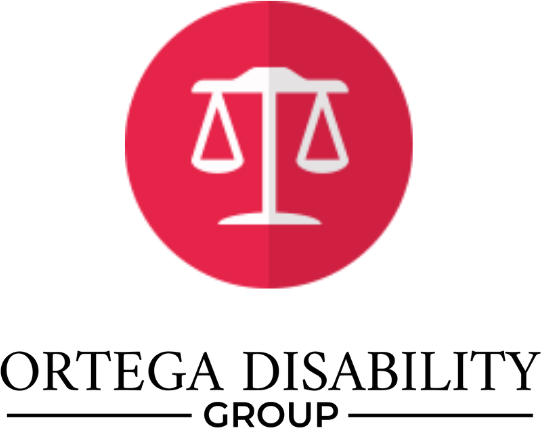When a person is diagnosed with cancer, their whole life can change. For instance, if they have to undergo cancer treatment(s), they can be impacted by debilitating side effects, which can leave them unable to work and earn a living wage.
Many people qualify and are awarded Social Security Disability Insurance (SSDI) after they are diagnosed with cancer. Social Security Disability Insurance is a federal program that provides financial support to people who are unable to take part in Substantial Gainful Activity (SGA) and therefore, cannot financially support themselves, such as cancer patients who are severely affected by their illness or corresponding treatments.
Acquiring Social Security Disability Benefits for Cancer Patients
The Social Security Administration (SSA) assesses disability claims by using what is known as the Blue Book to review disabilities presented by claimants. The Blue Book helps the SSA determine if a disability qualifies an individual for benefits by categorizing and clearly defining qualifying disabilities, and their associated symptoms.
Section 13.00 in the Blue Book is dedicated to disabilities caused by cancer or cancer treatment(s). Proving that a claimant qualifies for benefits under this category means the claimant must prove their disability or disabilities prevents them from working and earning a living wage. There must also be evidence that their disability will last at least one year or longer, or result in death.
More complicated or advanced cancers will usually meet the necessary criteria to qualify a claimant for Social Security Disability (SSD) benefits. Some examples include:
- Metastasized cancers
- Recurring cancers
- Inoperable cancers, or those unlikely to respond to surgery
Onset of Disability
In some instances, disability benefits can be awarded to cancer patients for periods of time before they were first diagnosed. This depends on various factors, such as the following:
- The type of cancer
- When symptoms were first reported
- Location of the cancer
- Where and how far the cancer has spread
Your chances of getting a Social Security Disability claim approved greatly increase when you hire a qualified disability attorney. The application process is intricate and difficult to understand, but a law firm that has experience working with the Social Security Administration can help identify and gather all the necessary documentation, file it correctly, and submit it on time.
For example, a claimant will need to provide detailed medical records that support their claim in order to qualify for Social Security Disability Insurance. This could include diagnostic test results, responses to anticancer therapy, operative notes and pathology reports, evidence of recurrence (if applicable), etc.
The Three Year Rule
The Three Year Rule is used to evaluate cancer-related disability applications. If a claimant’s illness has been successfully treated, and three years pass without evidence of a recurrence, the claimant will no longer qualify for SSDI benefits.
However, even if the cancer goes into remission, claimants receiving disability benefits will still continue to receive them for three years.
Disability Benefits for Cancer Treatment
Typically, claimants who file for SSDI under a cancer diagnosis will do so because they are suffering from severe symptoms that resulted from cancer treatment, such as chemotherapy. Patients often develop disabling conditions from cancer treatment(s), even if the treatment was successful.
Contact Ortega Disability Group – A Trusted SSDI Law Firm
If you are suffering from debilitating side effects caused by cancer or cancer treatment, contact Ortega Disability Group today to file your disability claim with the help of qualified, experienced SSDI attorneys. We can also assist in filing an appeal if your initial claim was denied. Contact us today for a free consultation, and allow us to help you get the benefits you need.
